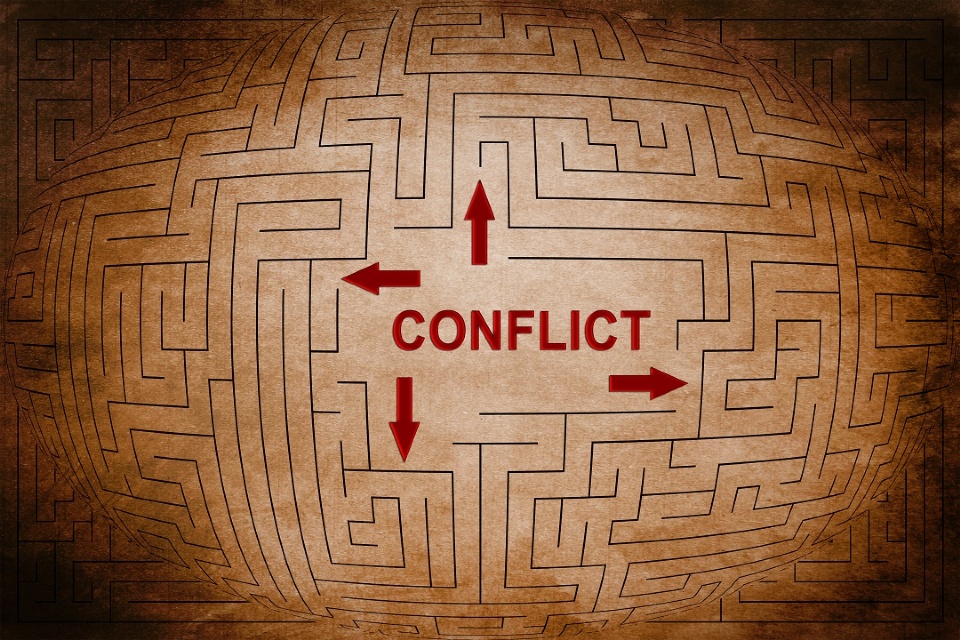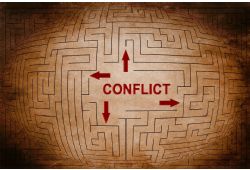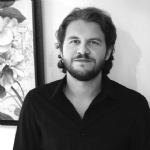In September 2020, violence broke out in the region of Nagorno-Karabakh between Armenian and Azerbaijani forces. The Nagorno-Karabakh War is one over territory. But like the Israel-Palestine conflict, its history stretches much farther than a strip of land.
To better understand the international effects of this conflict, we sat down with Armenian representative, Aram Elagoz. Elagoz is a city councillor in the Renaud district of Laval. He is also a research scientist who has worked in the field over the last 30 years.Q: Can you summarize this conflict for those who know little about it?A: So, the conflict is over the region of Nagorno-Karabakh, better known as Artsakh to Armenians. Artsakh is a region that has always been inhabited by Armenians. In 1923, Stalin and the Soviets gave over the region to Azerbaijan, without consulting Armenia. Since then, Armenians have been demanding the USSR and Russia give back the region, which holds a 95 percent Armenian population. After the collapse of the Soviet Union in 1991, a war broke out when Artsakh voted yes to independence and unification with Armenia. The war has been “frozen” since then, but recently there has been violence. In the past few months, Azerbaijan, with backing from Turkish and Jihadi forces, has initiated a large-scale war. The conflict has officially “stopped” through the intervention of Russia a little while ago. Armenians have now lost a very substantial piece of their territory. Q: What is the Nagorno-Karabakh peace deal, and what does it mean for Armenians?
A: The peace deal was signed by Prime Minister Nikol Pashinyan, under the pressure of Russia. Although Russia is obliged to protect Armenia, they never considered Artsakh to be Armenian territory. Many people are upset because they feel as though Armenia was forced to sign it; it seems that Pashinyan had no other option after consultation with his military and taking into account that this may have been the start of a second Armenian genocide.Q: How does this conflict personally affect you?
A: Before I became a city councillor, I was heavily involved with the Armenian National Committee of Quebec and Canada. We spend a lot of time promoting the recognition of the Armenian genocide. And in November, I introduced a proposition for Laval to recognize the independence of the Republic of Artsakh. It was passed unanimously, and Laval became the first city in Canada to do so. We are asking Canada’s federal government to do the same as well as condemning Azerbaijani aggression. Our federal government did nothing to show support for the Armenian people.Q: What can happen if the violence escalates?
A: The recognition of Artsakh is crucial for Armenians living there. If it does not happen, there will be a second genocide. I can assure you of that. Q: What can Canadians do to help?
A: As a country, Canada should recognize the region of Artsakh, like Laval did. I think regular citizens should sign petitions and contact their local MPs to show support for the Armenian people.Q: What do you say to people who remain neutral?
In the beginning of a conflict, there is propaganda, and the facts are not certain. But when the truth is out and people and countries don’t say anything when they see civil war and genocide, I think they become accomplices. When we don’t intervene, we give right to the aggressor.

 In The Latest Issue:
In The Latest Issue:


 BY:
BY: 



Tweet
Share